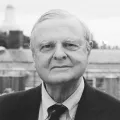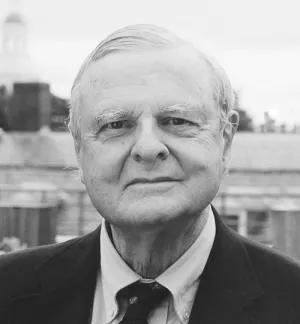Preview
Today and in the foreseeable future, a nation's prosperity and security depend upon the wisdom and timeliness of decisions made with respect to science and technology. The circumstances dictate that the best scientific and technical minds be consulted and that the results of their deliberations be conveyed promptly to the highest authority. Since the head of a government has a wide spectrum of responsibilities, can work closely with only a limited number of persons and is himself no expert in science and technology, it is not uncommon to maintain the post of Science Adviser and to use its incumbent as the primary source of counsel in scientific and technological matters. In the United States the President, since late 1957, has had frequent recourse to the services of a Science Adviser.
As with all human arrangements for the exercise of power there are advantages and disadvantages in concentrating authority for decisionmaking in one person. The office and its supporting machinery are relatively new and correctable deficiencies are to be expected. In what follows I will largely portray some negative features of the advisory complex.1 My negative approach is due in part to the fact that it is easier for an outsider to identify failures than to specify successes. There is a paucity of positive evidence concerning the quality of performance of the President's advisers, especially the last two. The major tangible basis is a relatively thin collection of reports arising from studies conducted by panels appointed by the adviser.
For full text please see PDF below (login may be required).
Brooks, Harvey. “The President's Science Advisers.” Minerva, Winter 1965


